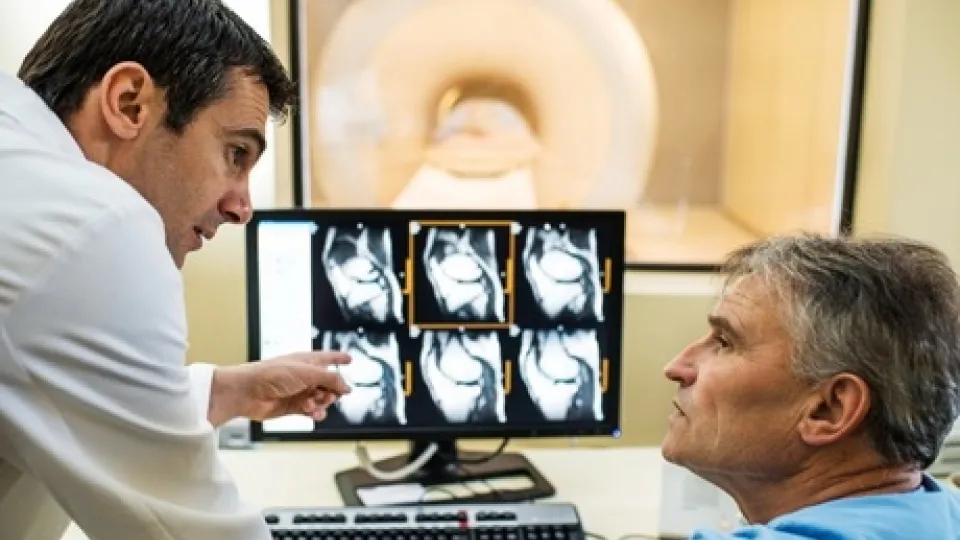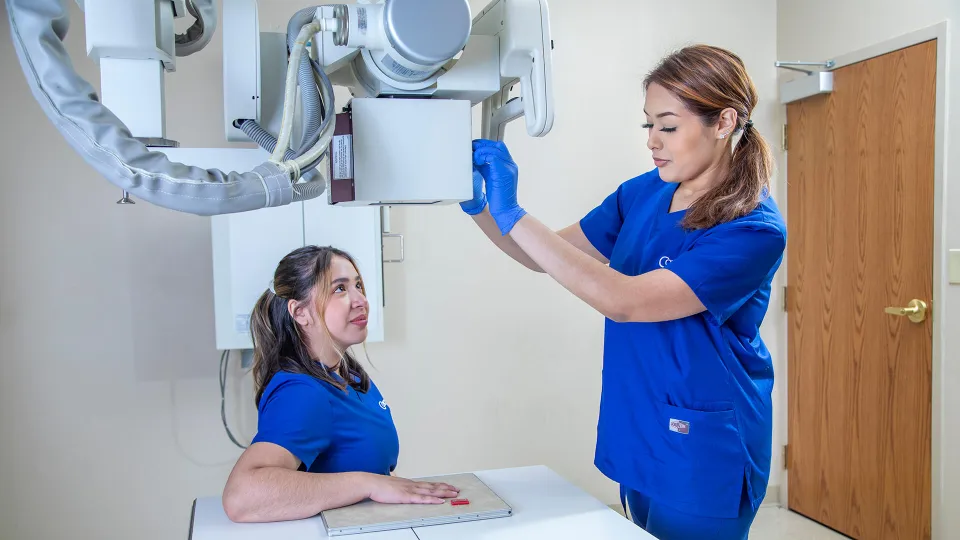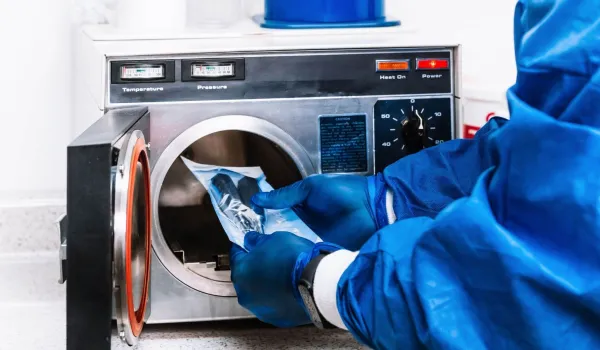
If you break a bone, it's a radiologic technologist, also known as a radiology tech who performs the x-ray so that the doctor can see where and how badly it's broken. And it's the radiologic technologist who performs your mammogram or your CAT-scan as well. This is the person on your medical team who is trained in diagnostic imaging -- meaning they're experts in taking high-quality images of various internal body systems to help doctors better diagnose your illness.
ROLE OF THE RADIOLOGIC TECHNOLOGIST
Without the role of diagnostic imaging and the techs who are trained to perform it, many illnesses and injuries would be much more difficult to diagnose and to treat. The tech is responsible for positioning you properly in the machine and for giving you the right instructions so that the diagnostic image is high-quality and easy for the radiologist to read and to draw conclusions. The tech is also the person who will walk you through your imaging procedure and who will let you know exactly what's going to happen during the test.
IMPORTANCE OF DIAGNOSTIC IMAGING
Diagnostic imaging is used in a variety of medical procedures including:
- Ultrasounds
- MRI scans
- CT scans
- X-rays
- Nuclear medicine
These tests are performed by radiologic technologists, who ensure the images taken are clean and clear. The images are then passed to the radiologist who interprets them for the medical team. Using this type of testing, doctors can tell whether your blood is passing through your heart the way it should or if there's a tumor growing in the area of your brain. These are only two examples of the types of ailments diagnostic imaging helps detect; there are many others.
WHO IS YOUR RADIOLOGIC TECHNOLOGIST?
Often, your radiologic technologist is one of the first people you'll meet on your medical team, and they play a huge role in making sure you receive a correct diagnosis.
Most clinicians who perform this job have completed between two and four years of college before receiving their certification. They're experts in positioning, human anatomy, radiology theory, and patient safety. They're typically good communicators who are talented in helping people feel at ease under stressful situations, and they know exactly how to operate the machinery and to manipulate the human body to obtain the clearest images.
Without the services of your radiologic technologist, diagnosing an illness such as breast cancer or heart disease would require surgical intervention. But thanks to advancements within the field of diagnostic imaging and to the knowledge and training of radiologic technologists, your diagnosis is made much easier and much less invasive.
Interested In How To Become a Radiology Tech?
Click here to explore radiology tech programs near you!
Sources
//www.britannica.com/topic/diagnostic-imaging
//www.innerbody.com/careers-in-health/becoming-radiology-technician.html
//www.nlm.nih.gov/medlineplus/ency/article/007451.htm
Take The Next Step Towards a Brighter Future
Interested in learning more about our Radiologic Technology program?
We have a Concorde representative ready to talk about what matters most to you. Get answers about start dates, curriculum, financial aid, scholarships and more!







